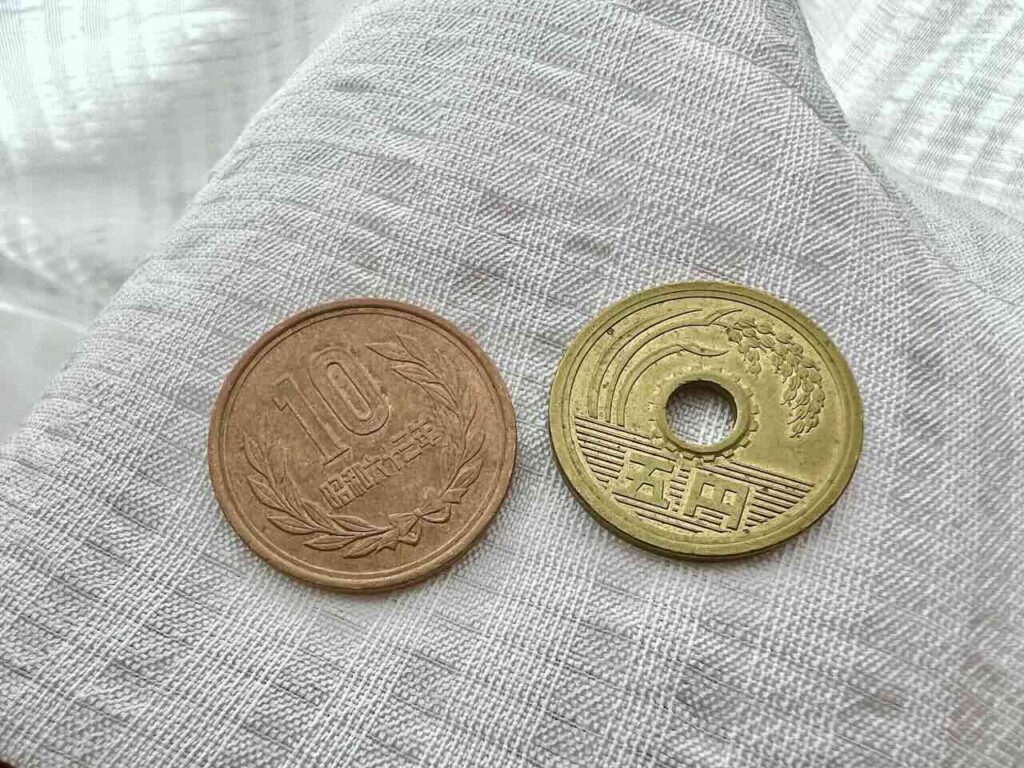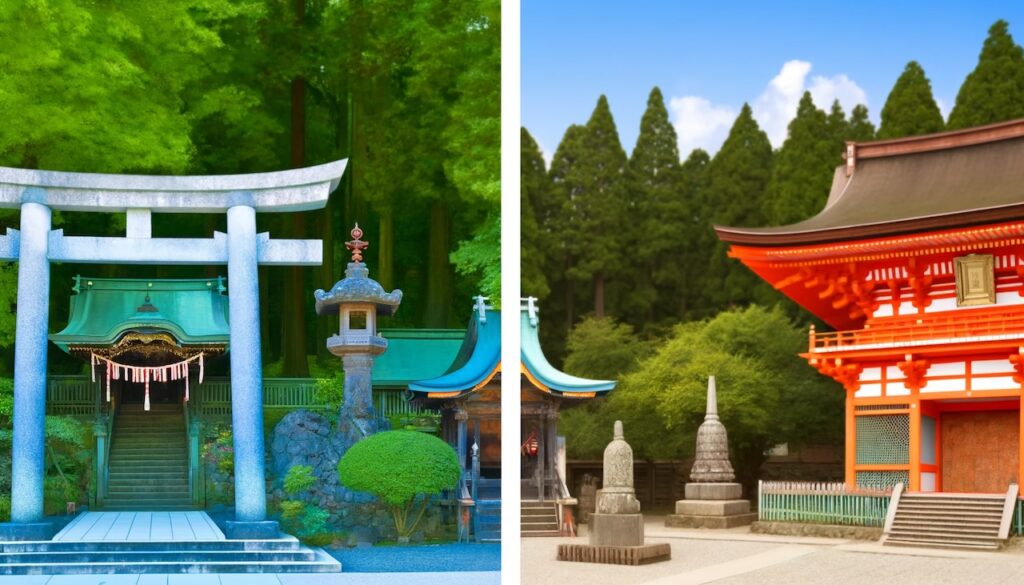When visiting a Japanese shrine or temple, you might find yourself standing before an offering box, wondering:
“Which coin should I toss in?”
Believe it or not, the choice of coin matters—at least symbolically. In Japan, numbers and sounds often carry deeper meanings, and this includes the coins we use when making prayers or wishes. Let’s explore which coins are considered lucky (and unlucky), and why choosing the right one could bring you closer to good fortune.
Why the 5 Yen Coin Is So Lucky
The 5 yen coin (五円, go-en) is hands-down the most popular offering coin in Japan—and for good reason.
In Japanese, “go-en” sounds identical to the word ご縁, which means “good fate,” “connection,” or “relationship.” This linguistic pun makes the coin a symbol of positive ties—whether with people, opportunities, or even the gods.
Other lucky features of the 5 yen coin:
- It has a hole in the center, symbolizing clarity, openness, and the smooth flow of fortune.
- It’s the only brass-colored coin in circulation, which visually sets it apart.
Tossing in a 5 yen coin is seen as a way to ask for strong relationships, career opportunities, or romantic luck.
Why the 10 Yen Coin Might Bring Bad Vibes
Though it’s worth more, the 10 yen coin (十円, juu-en) is often avoided at shrines and temples.
Here’s why:
- “Juu-en” can be linked to the phrase 遠縁 (too-en), which means “distant relationship.” This implies that your connection with the gods—or the outcome of your wish—might grow weak or drift away.
- Some interpret the character 十 (juu) as resembling 重 (omoi), meaning “heavy”—symbolizing burdens or misfortune.
- Others simply see it as bad luck because it lacks the lucky sound associations of the 5 yen coin.
While these ideas are based on wordplay, they reflect a cultural sensitivity to language and symbolism in Japanese tradition.
It’s All in the Meaning
Offering coins at shrines and temples is more than just a small donation. It’s a way to express your wishes, hopes, and thanks to the kami (gods) or Buddhas. That’s why people tend to pick coins with positive associations.
Wordplay and numerology play a major role in Japanese rituals—from New Year’s customs to gift-giving etiquette—so it’s no surprise they influence shrine visits too.
What About Other Coins?
- 1 yen (ichi-en): While light and common, it doesn’t carry any special meaning.
- 50 yen (goju-en): Like the 5 yen coin, it has a hole and the word “go-en” in it, but it’s seen as less commonly used due to its higher value.
- 100 yen or higher: Larger amounts are usually offered during special visits, such as on New Year’s or for big wishes—but they don’t have the same symbolic value.
Conclusion: Choose Your Coin with Intention
In Japan, even something as small as a coin toss can carry symbolic weight. While the 5 yen coin is thought to invite good connections and fortune, the 10 yen coin is avoided by those who don’t want to risk distant ties or heavy burdens.
So the next time you find yourself at a shrine or temple in Japan, take a moment to choose your coin with care. After all, when making a wish, every little bit of positive symbolism helps.


